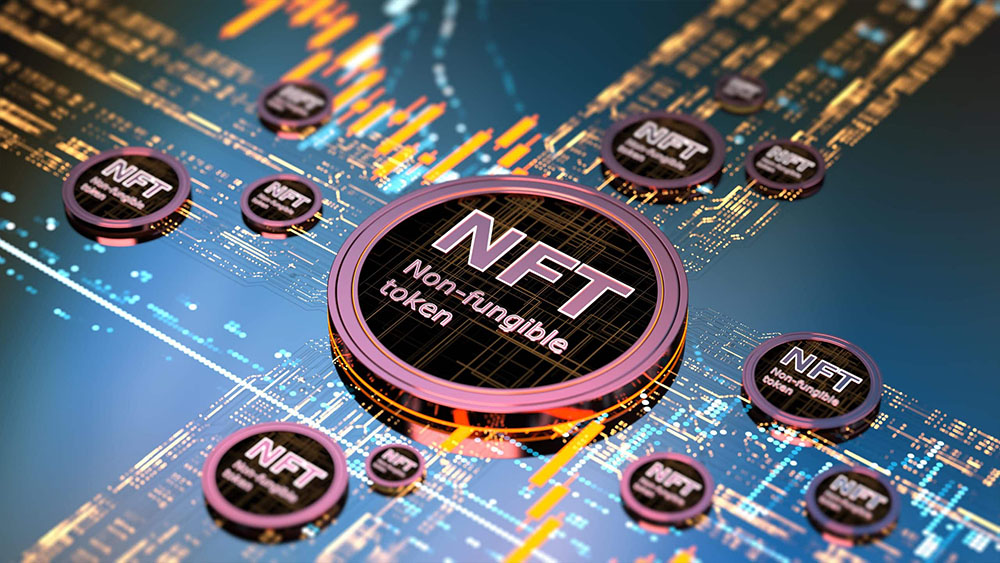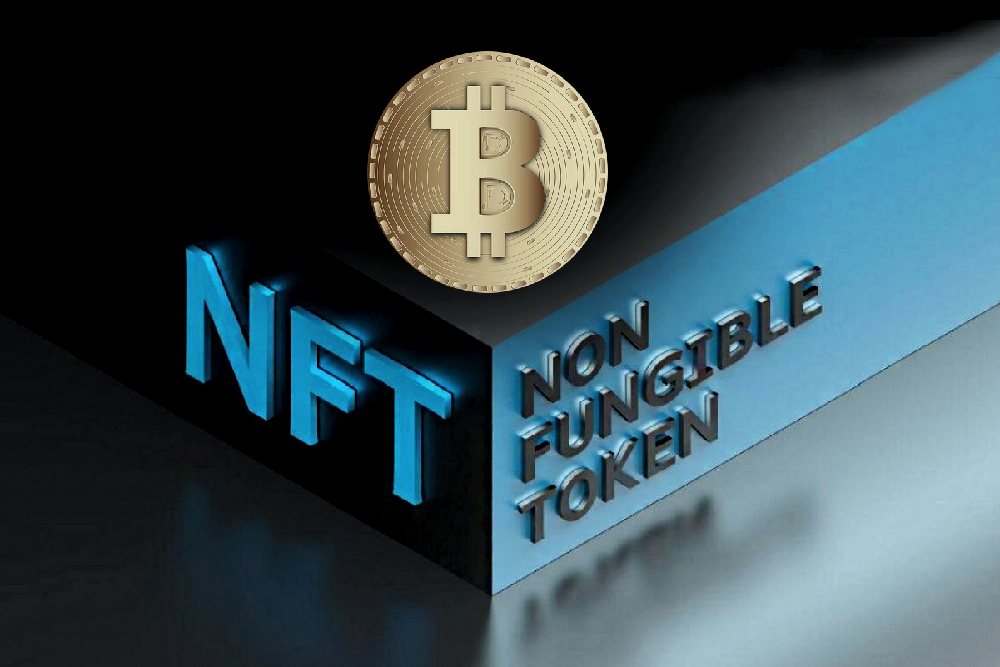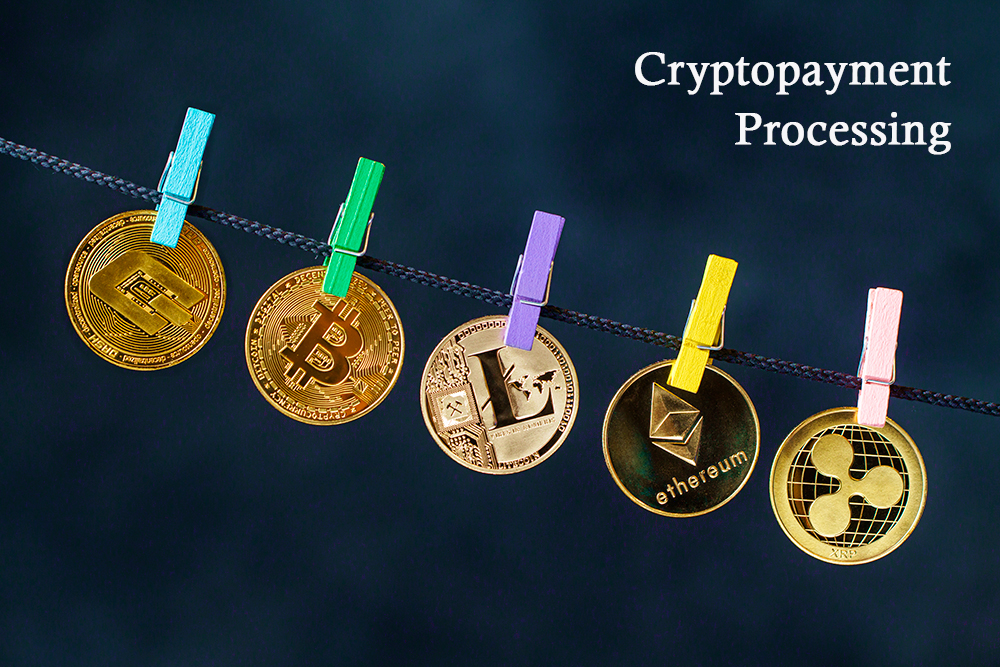NFTs VS Cryptocurrency – Which One’s Better for Merchants?
This era is experiencing the utmost dominance of virtual currencies. Most individuals and companies are considering purchasing cryptocurrency or NFTs (Non-fungible Tokens), depending on their objectives. As for the merchants across the USA, there’s a dilemma looming: which one’s more preferable – Cryptocurrency or NFTs?
Traditional wallets are gradually passing the baton to digital wallets. Digital wallets are needed to store digital money and currencies including a cryptocurrency. In fact, cryptocurrency is the encrypted form of digital currency. It relies on blockchain protocols where financial institutions aren’t required to play any role whatsoever. Another DeFi (Decentralized Finance) marvel, typically known as digital assets, is the NFTs. These are responsible for representing various assets, tangible as well as non-tangible.
Let’s throw some light on both of these to understand which one can be leveraged for retail and merchant business:
What are Non-fungible Tokens (NFTs)?

NFTs act as digital assets on behalf of items existing in the real world. These can be digital articles, photos, videos, music, or other tangible items too. Instead of buying such items directly, the buyers acquire original digital files stating a transfer of ownership. NFT records are maintained in a digital ledger and these can be purchased or traded online.
The special feature of NFTs is that they’re unique and can’t be exchanged, unlike cryptocurrency. This results in an exclusive value and ownership of digital assets which are uninterchangeable. NFTs belong to a decentralized online platform and are controlled by advanced blockchain technology. All transactions are publicly recorded on the digital ledger to validate and authenticate item ownership. The majority of NFTs are present on the Ethereum cryptocurrency’s blockchain. Similar to Bitcoin, this blockchain is responsible for creating and storing perennial transaction records. The NFT creators have the ownership rights as well as copyrights of the items concerned. Buyers, after purchasing such NFTs, might have to seek copyright permissions in case they wish to create copies of the item bought. Every copy of the original item counts as a unique NFT in itself.
What is Cryptocurrency?

As stated earlier, cryptocurrency is an encrypted digital currency. It’s can be kept in digital wallets. It’s more of a peer-to-peer technology that functions based on blockchain technology. Unlike NFTs, a cryptocurrency can be exchanged, is interchangeable, and also allows crypto owners to make purchases through crypto payments. For instance, if you accept crypto payments, the crypto owners can transfer the same to your digital wallet. This can be done with the help of a crypto payment processor.
The Difference that Matters
The key variance between NFTs and crypto is that NFTs can’t be exchanged with each other. This is because NFTs hold a unique value. Whereas, cryptocurrency facilitates exchanges and trades as its value will incur no loss.
What’s More Beneficial to You as a Business Owner?
Undoubtedly, cryptocurrency can do wonders for merchants and business owners. As of March 2021, 5968 USA-based businesses provide a cryptocurrency ATM or accept in-store crypto payments for their sales. Out of these, 876 businesses are convenience stores and gas stations while 504 of them are restaurants. Tobacco stores and supermarkets collectively account for 638 such businesses from the total.
Of course, NFTs pave the way for entities to secure their assets and certify them without the interference of third-party financial institutions. However, when it comes to trading purposes, cryptocurrency does what NFTs can’t.
Your business can accept PayPal crypto merchant payments from the customers. This can not only provide an additional payment option to them but can also attract more of them! According to a USA-based study on cryptocurrency in 2021, 51% of cryptocurrency owners prefer merchants that accept crypto payments. On the basis of payment preference, 93% of cryptocurrency owners would choose crypto payment methods to make purchases. This portion of people converges with 46 million people who’re planning to make crypto payments for anything they buy.
How to Start Accepting Crypto Payments from Customers?

A cryptoprocessor is who you need to start accepting crypto payments from your customers. Crypto processing solutions include a wide range of features such as a cryptocurrency payment gateway or a crypto coin app. It all comes down to what kind of crypto payment methods you wish to set up for your business. In most cases, where crypto payments are made using mobile apps, a reliable POS system would be highly recommended.
The Verdict
Being a renowned crypto payment processor in the USA and a payment processing veteran, we provide end-to-end merchant services. We help you follow a simple checkout process for accepting crypto payments:
1. Customers transfer cryptocurrency for what they purchase.
2. The transaction amount is processed by us.
3. The Amount settlement is done in the form of local currency.
4. The settled amount reaches your digital wallet or directly into your bank account!
Whether you’re a PSP, run a retail store, or own e-commerce business – our crypto payment processing services will suffice! You can also opt for high-risk payment processing solutions in case your business falls under that category. Get in touch with us for more details.






